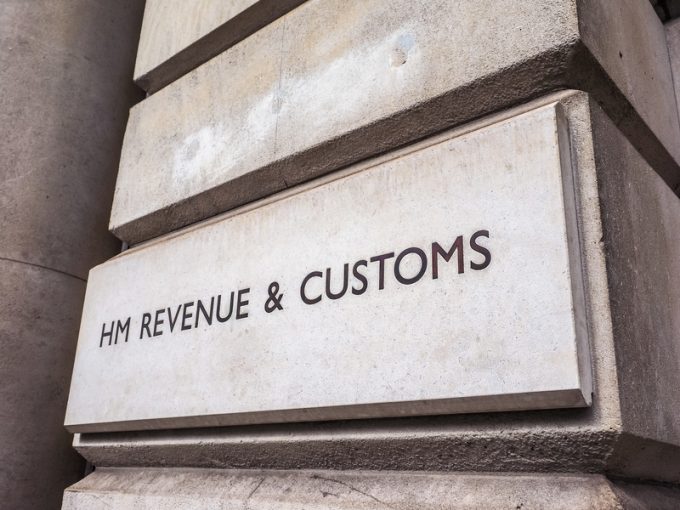'Challenging' Q3 for DFDS – and weaker demand expected to continue
Danish ferry and road freight operator DFDS saw weaker road freight demand across Europe in ...

While arguments continue over the UK’s customs infrastructure post-Brexit, others claim the real focus should be on the sector’s looming workforce shortages.
Co-chair of the Customs Brexit group, part of the Joint Customs Consultative Committee, Peter MacSwiney told The Loadstar: “People are the single biggest problem, namely the lack of those qualified to carry out fiscal customs declarations after we exit the EU.
“We cannot train people in a week – especially in the numbers required – and that’s assuming there are people ...
Maersk u-turn as port congestion increases across Northern Europe
Apple logistics chief Gal Dayan quits to join forwarding group
Maersk Air Cargo sees volumes fall as it aims for 'margin in favour of revenue'
Airlines slash freighter capacity post-de minimis, but 'the worst is yet to come'
Houthis tell Trump they will end attacks on Red Sea shipping
Transpac rates hold firm as capacity is diverted to Asia-Europe lanes
MSC revamps east-west network as alliance strategies on blanking vary
India-Pakistan 'tit-for-tat' cargo ban sparks sudden supply chain shocks


Comment on this article